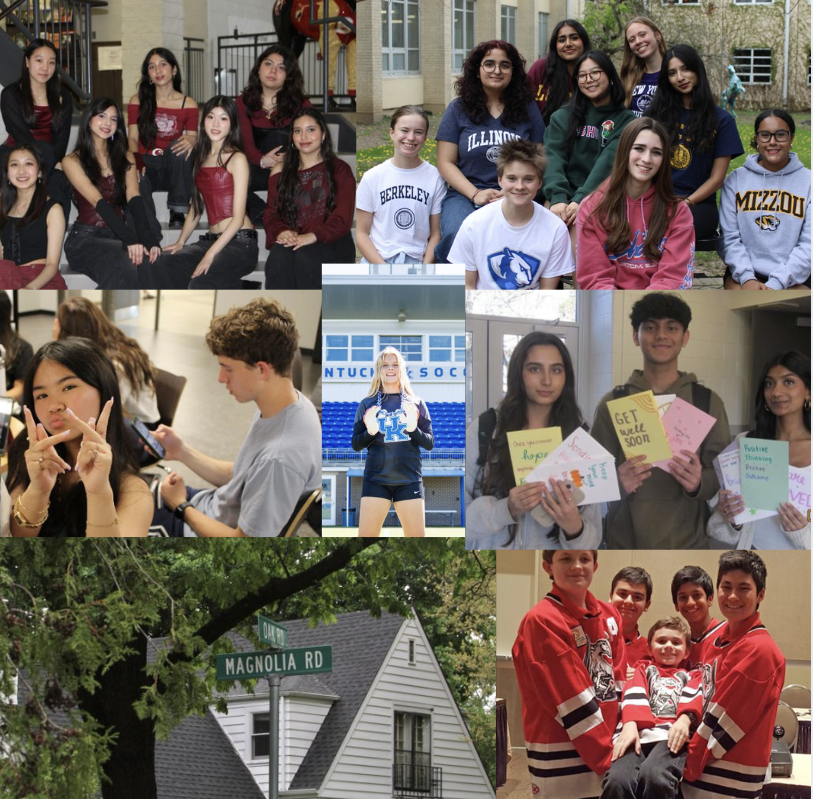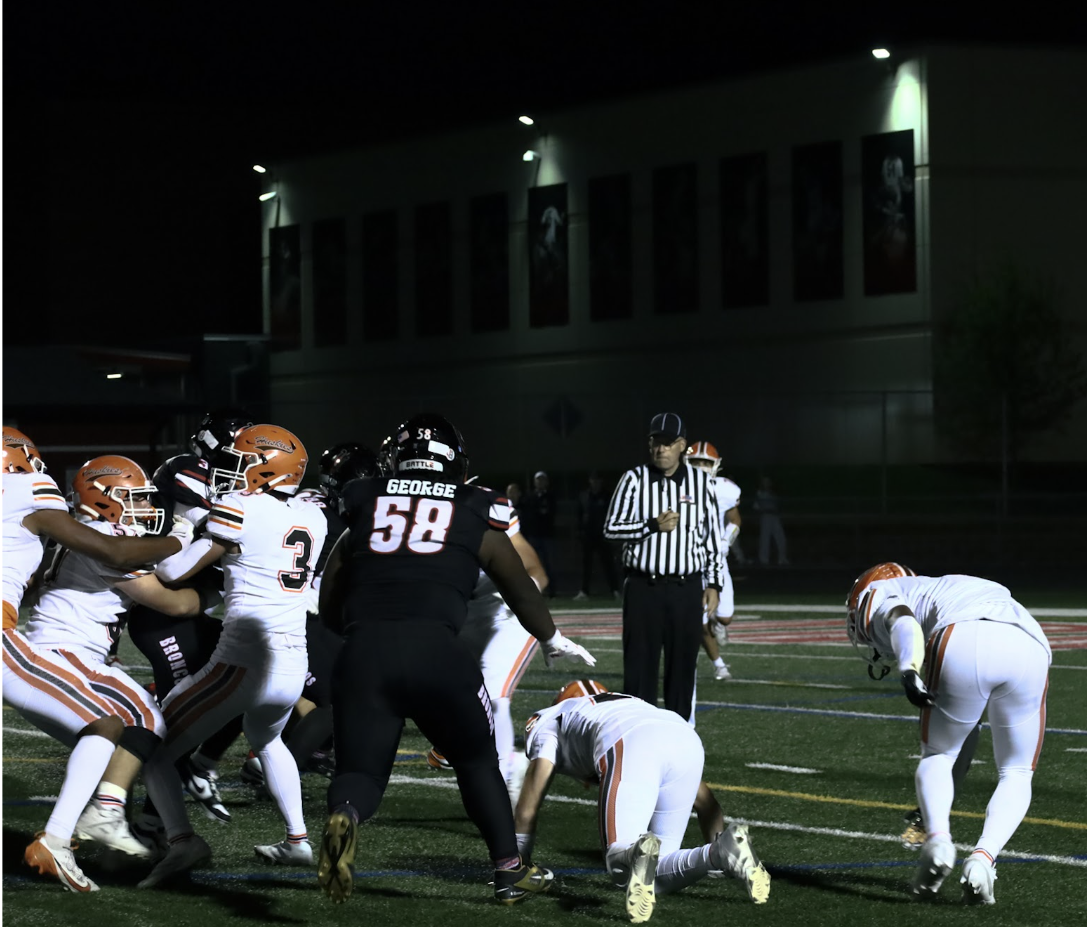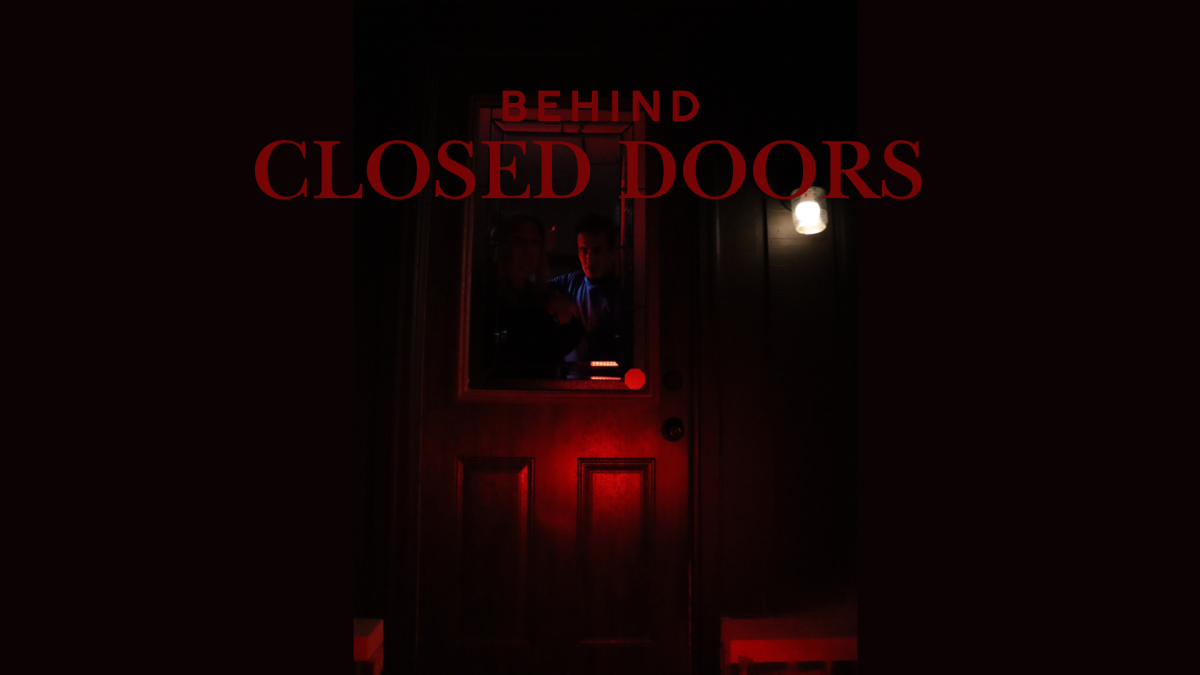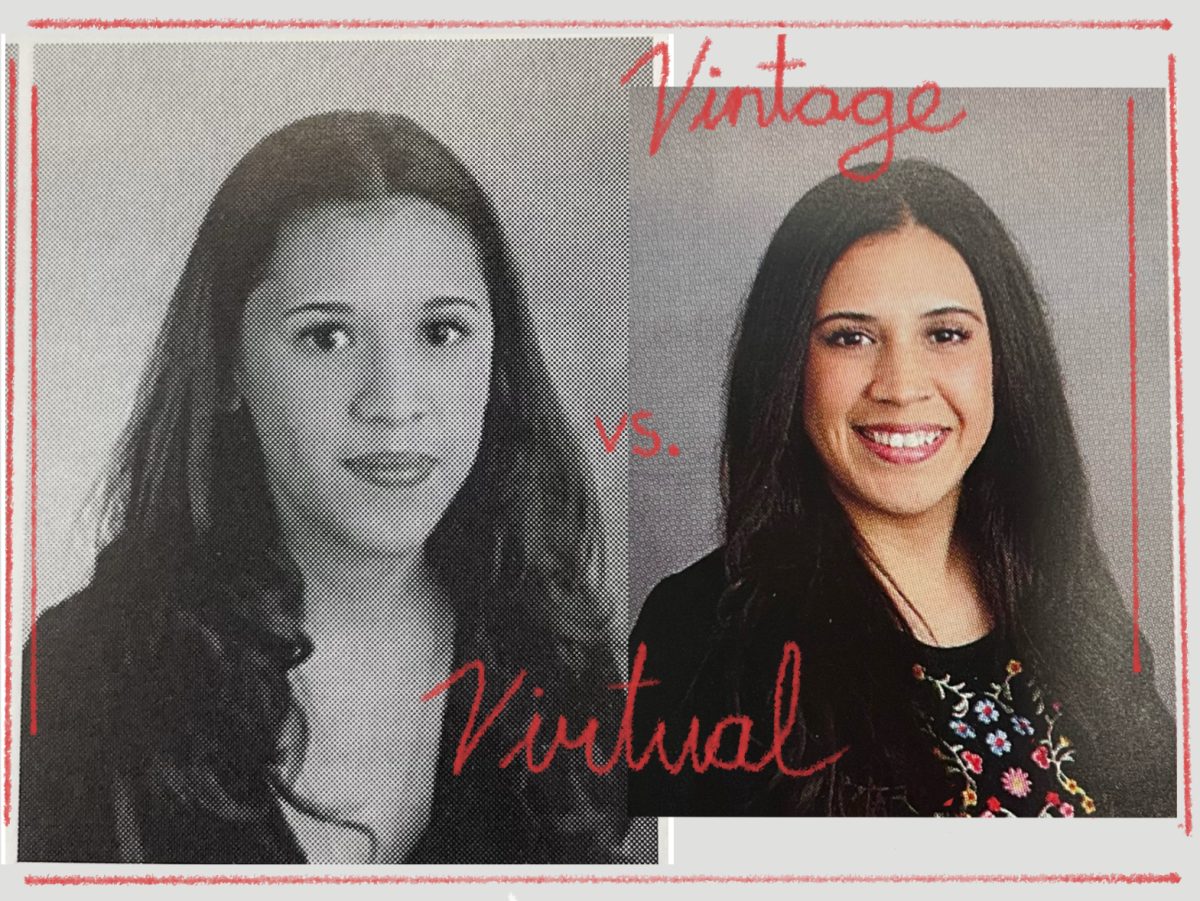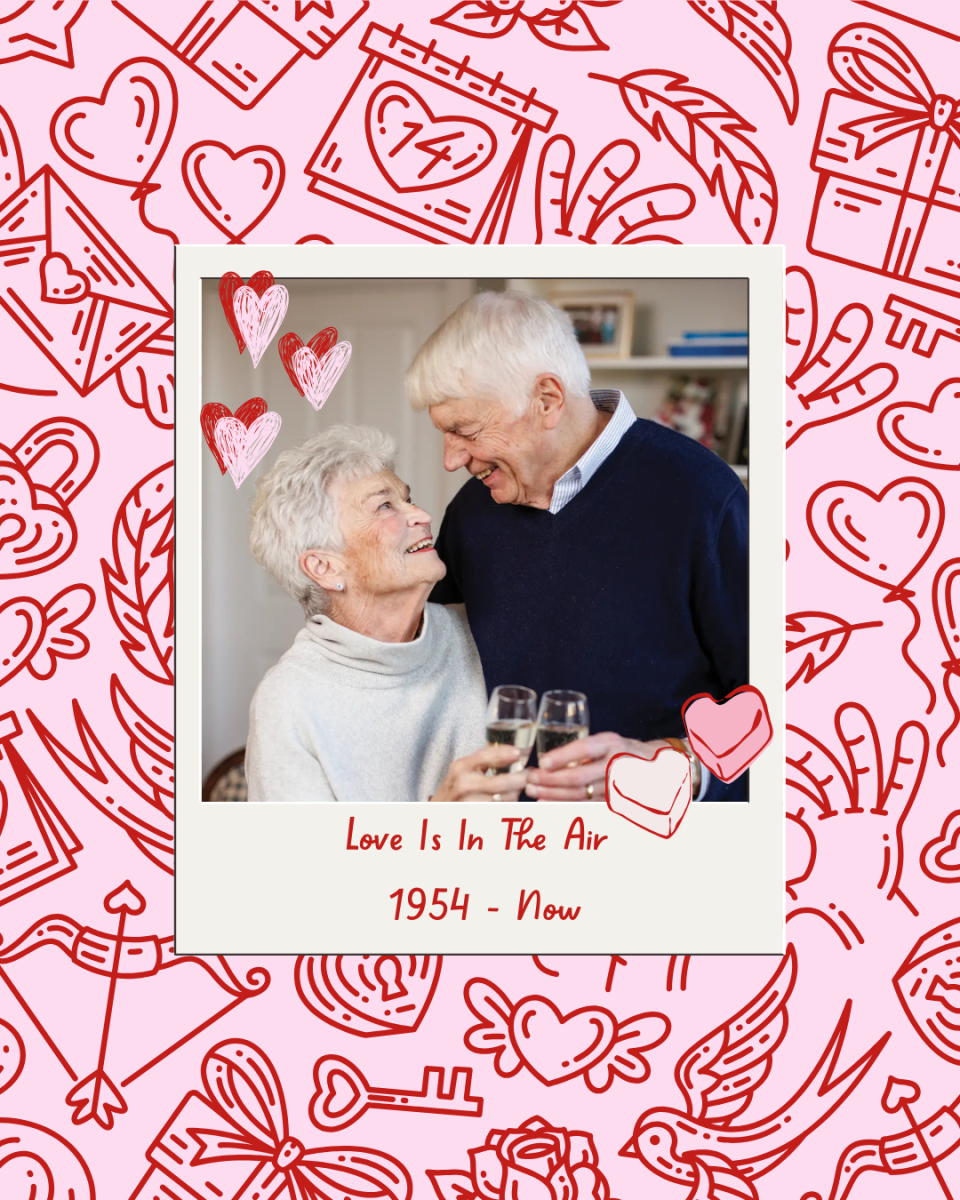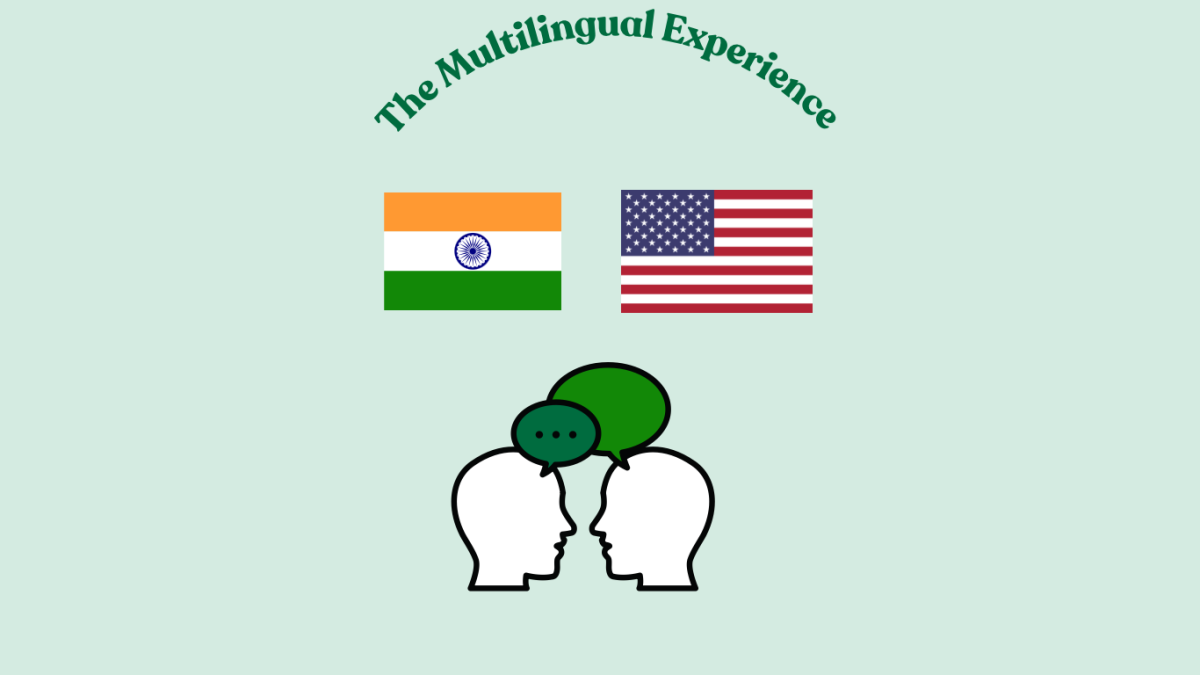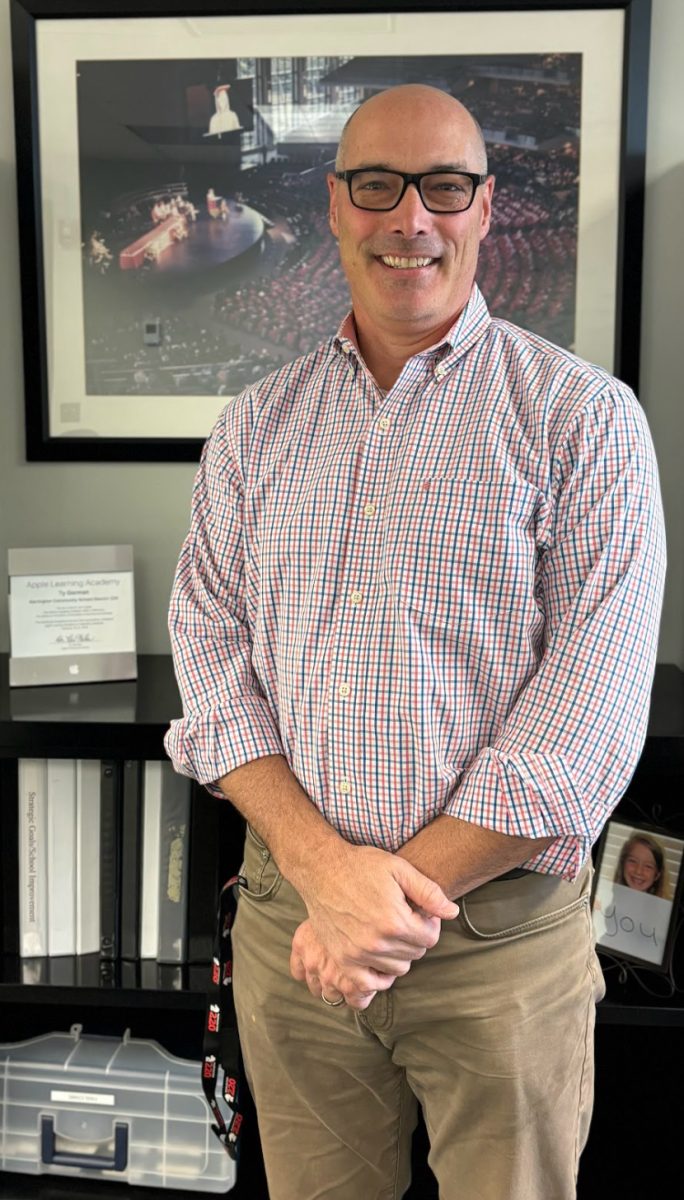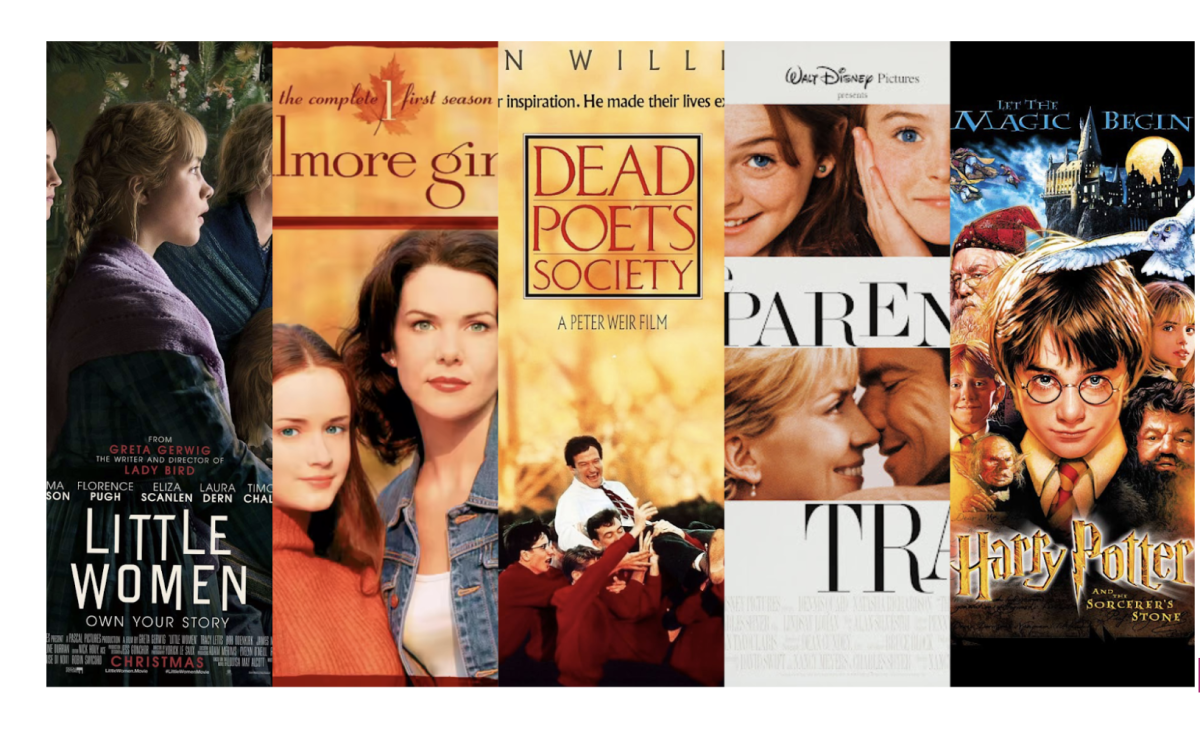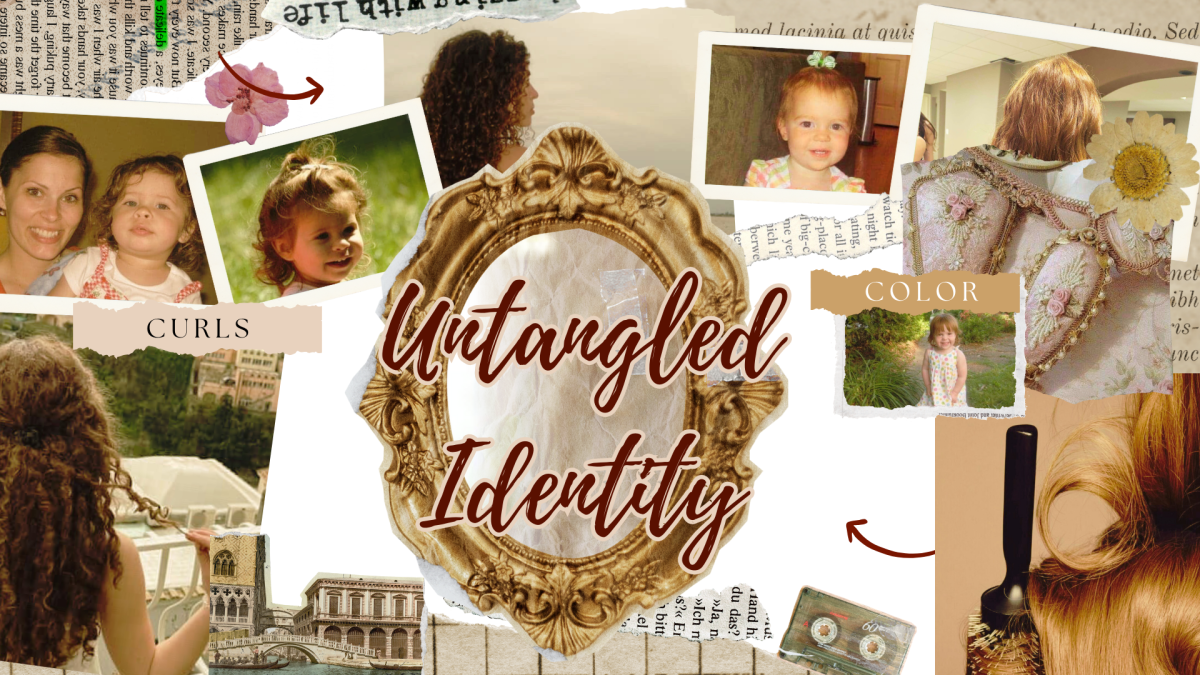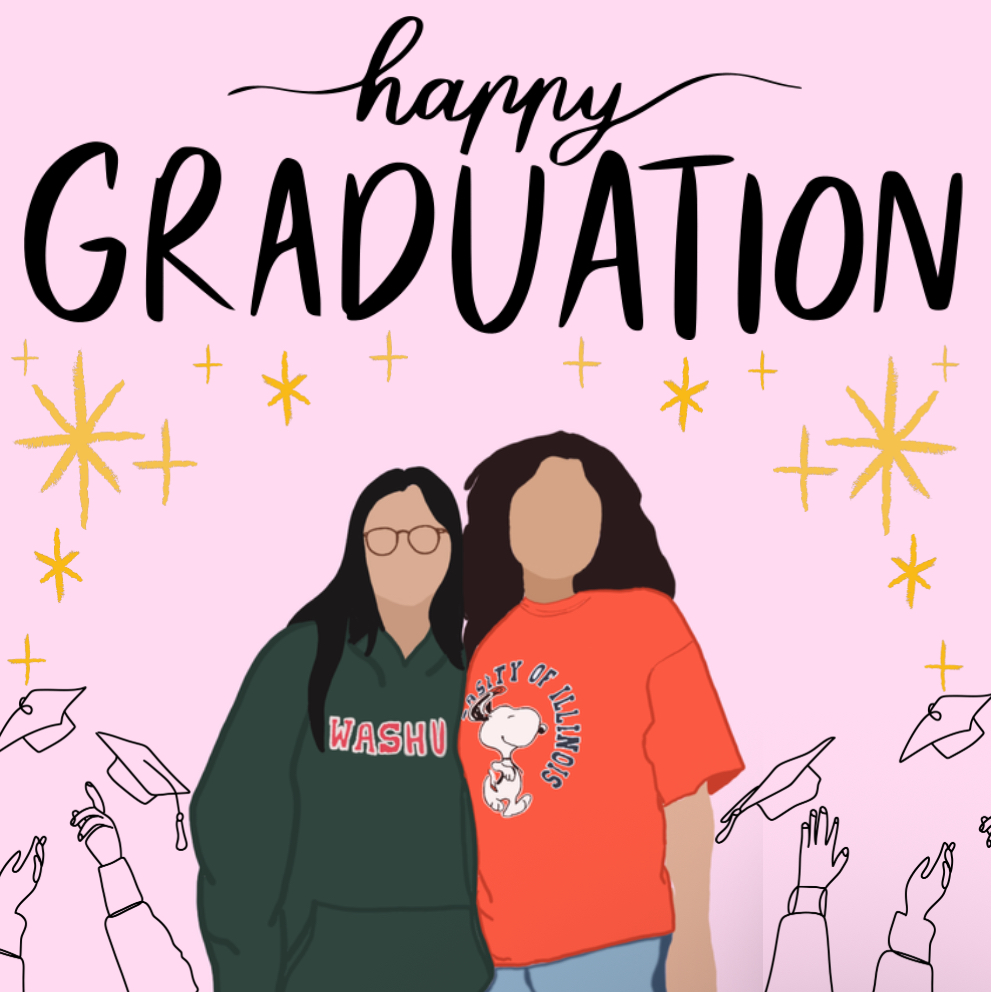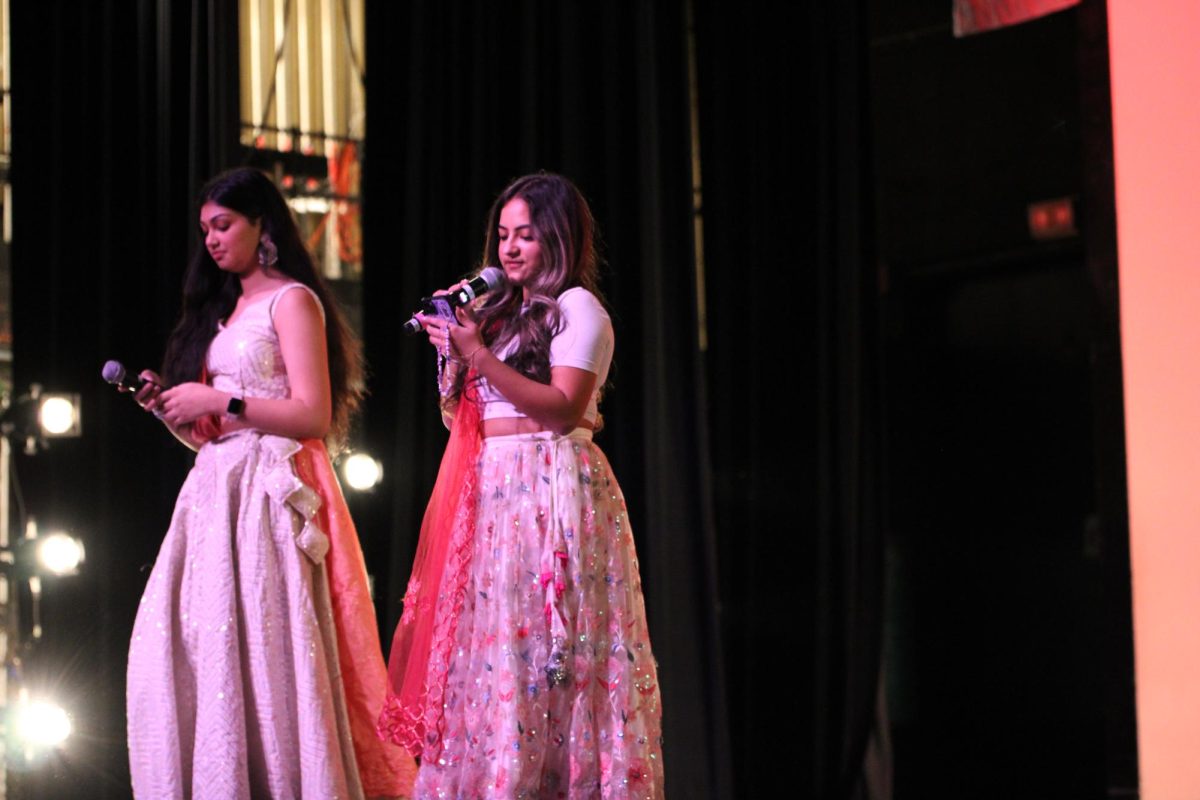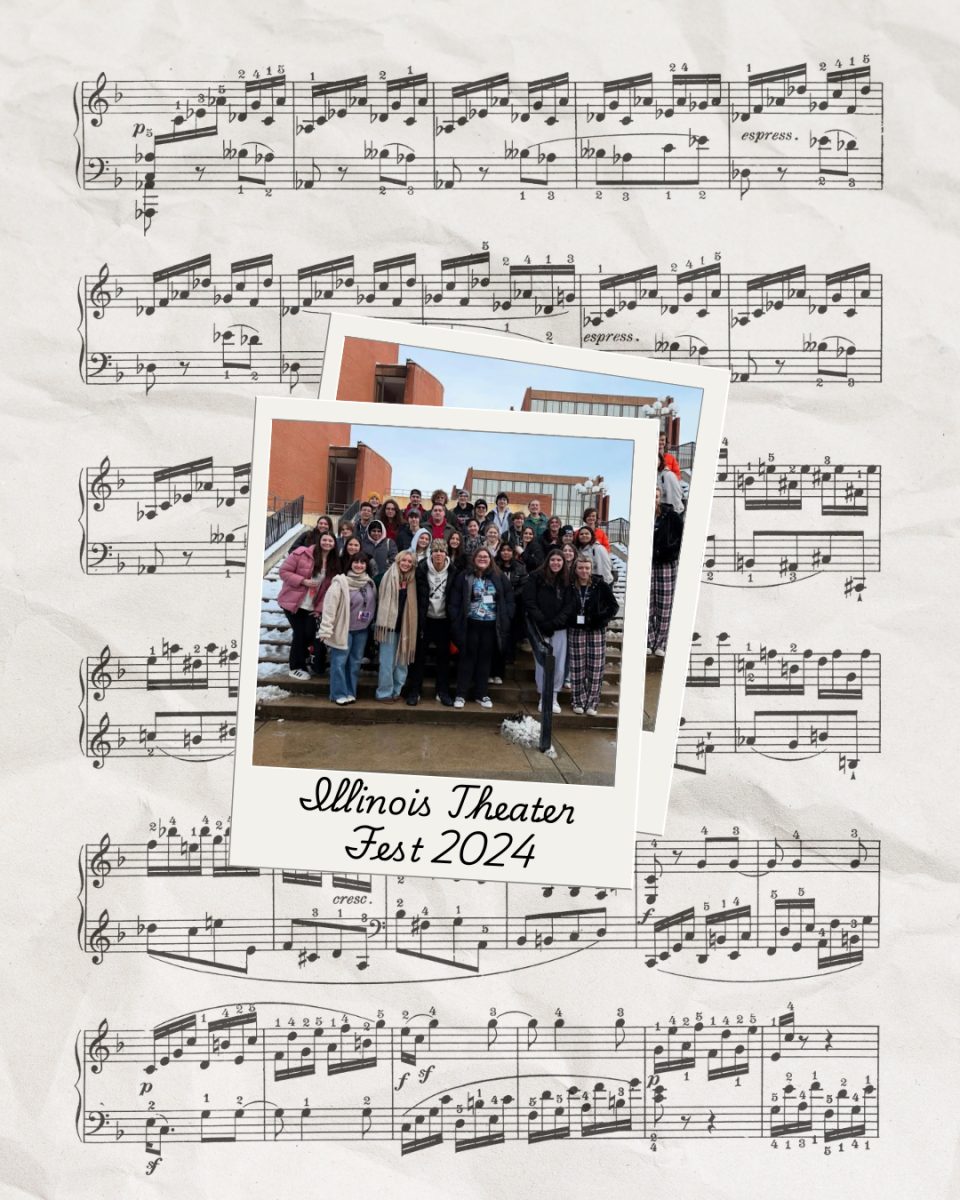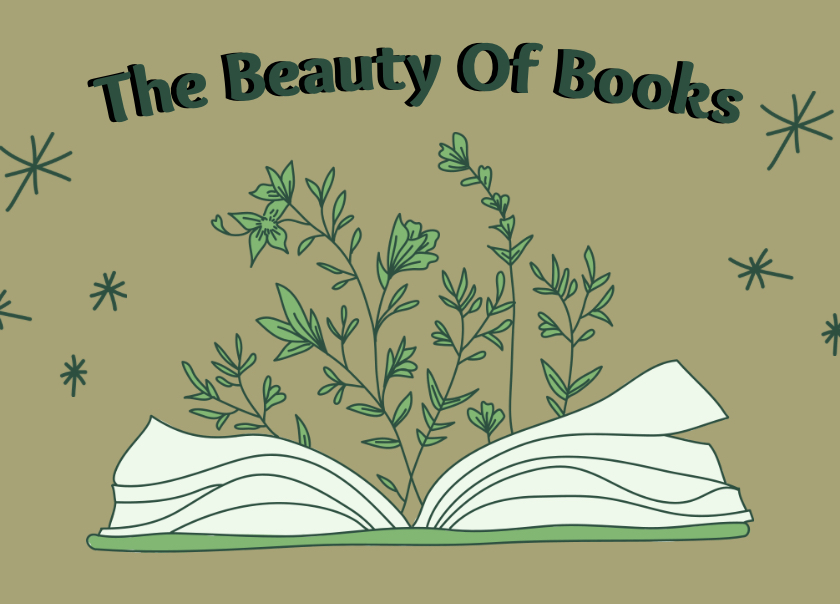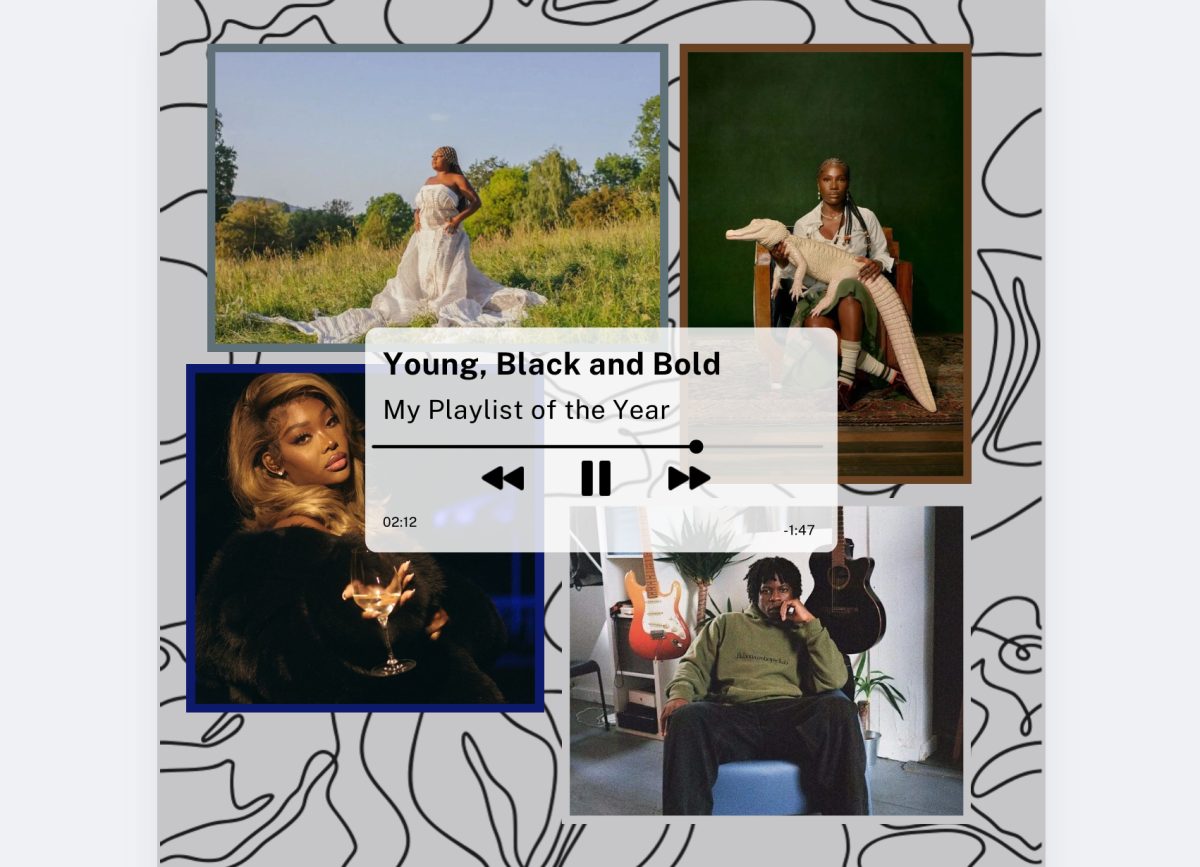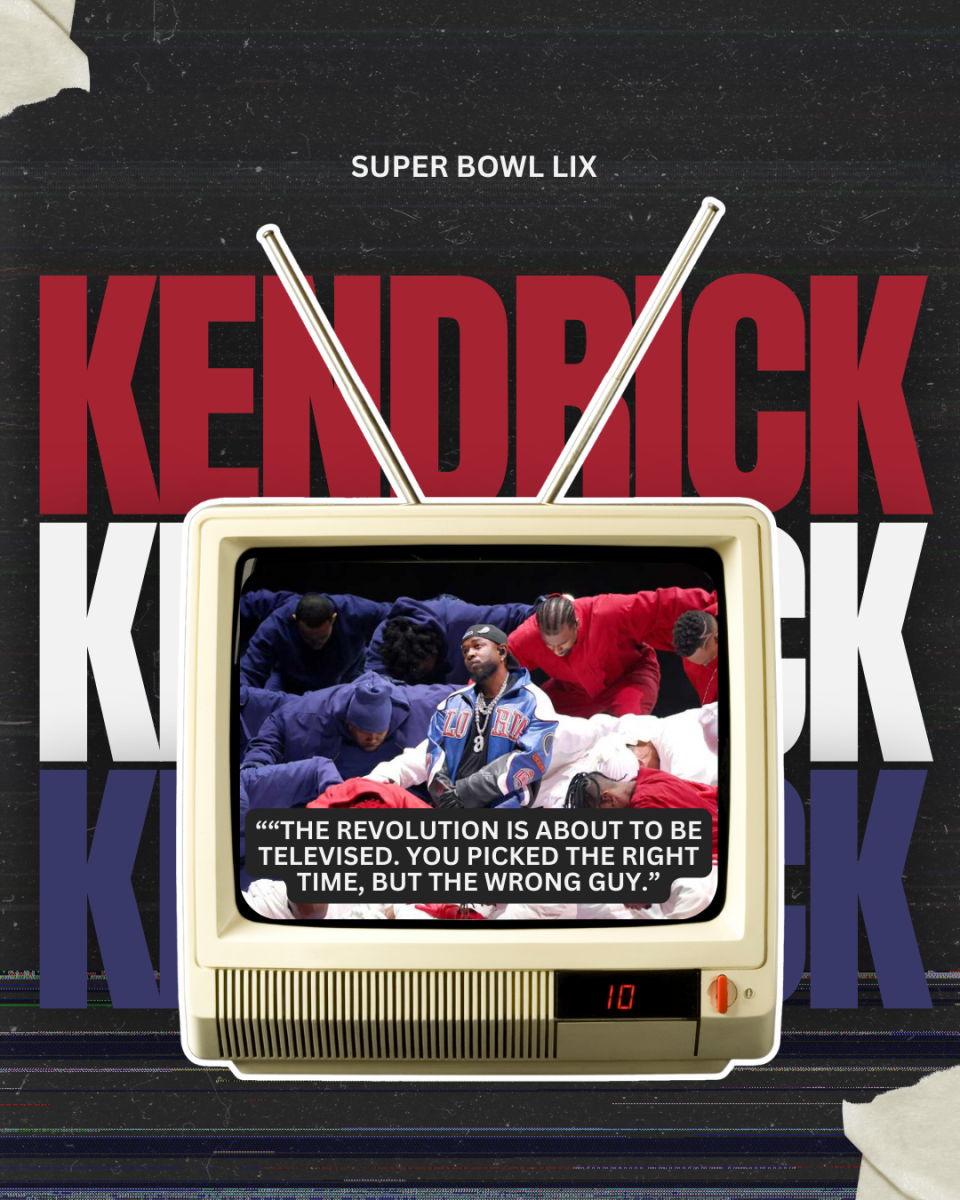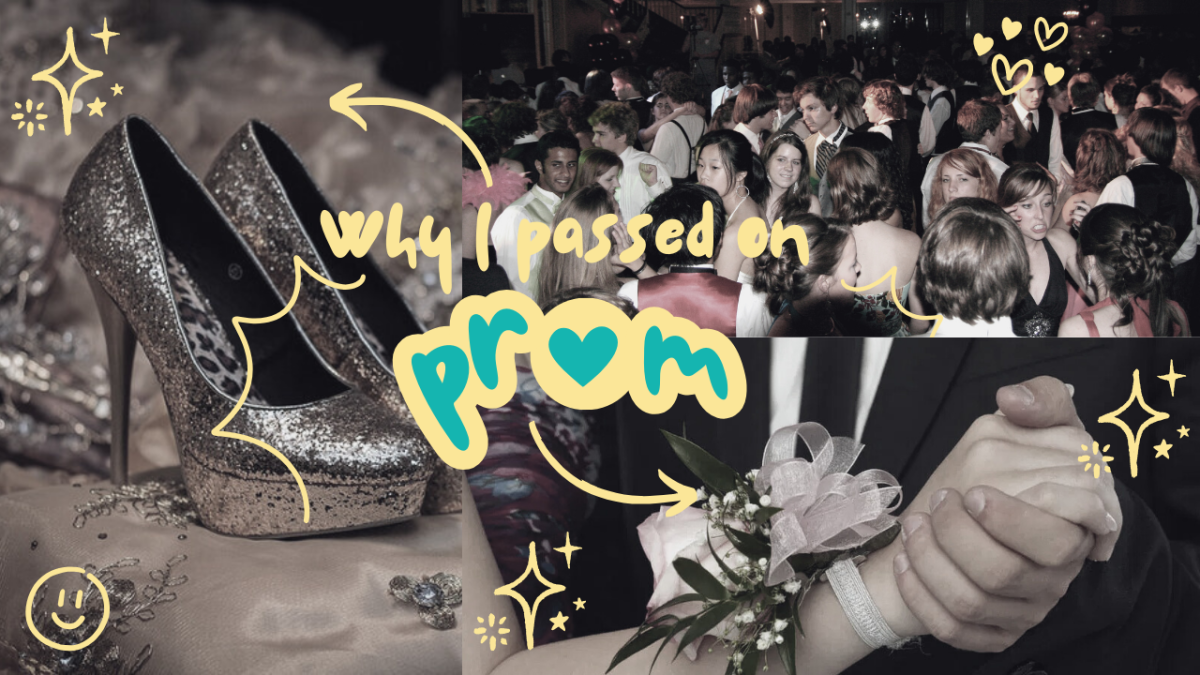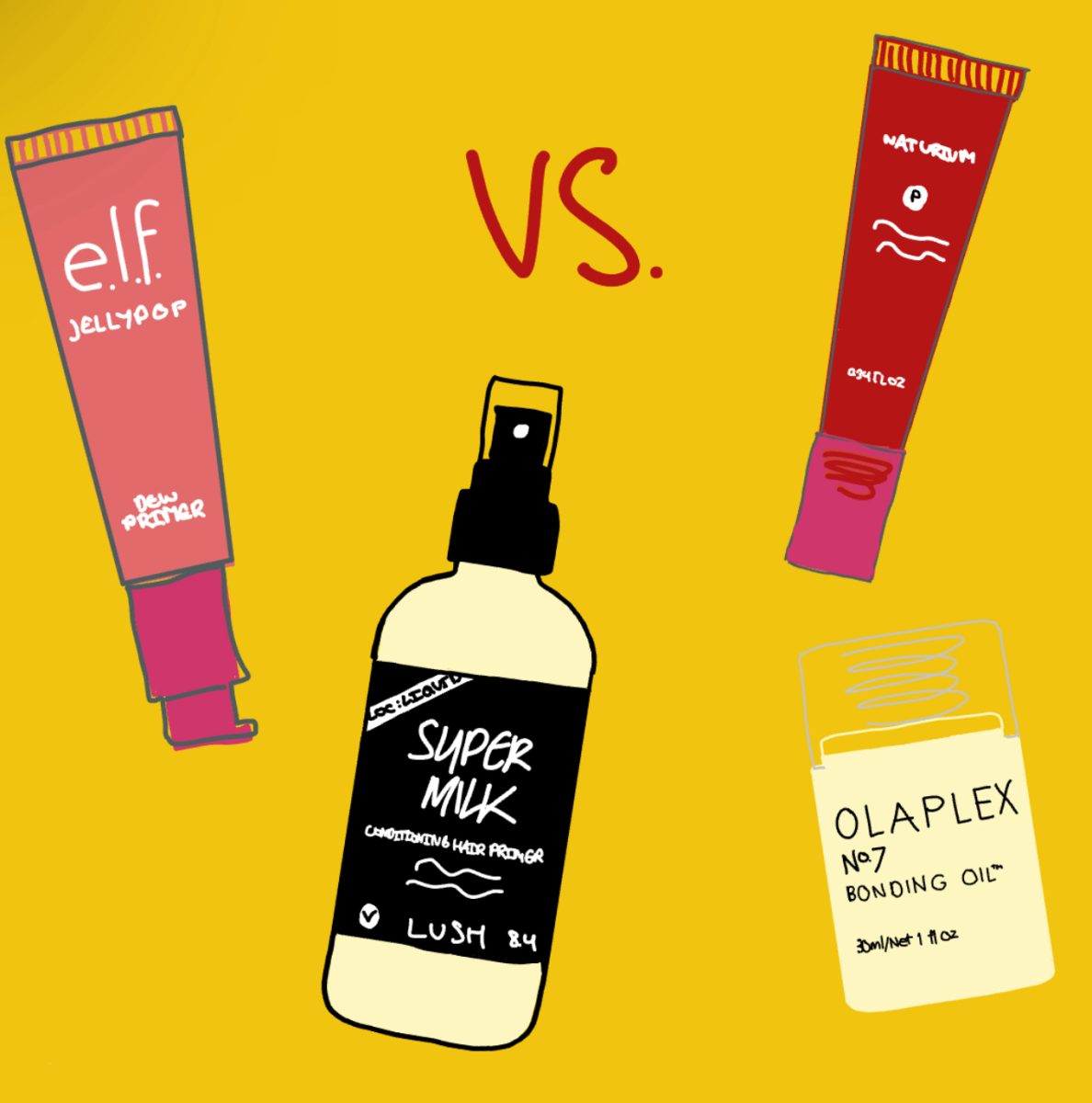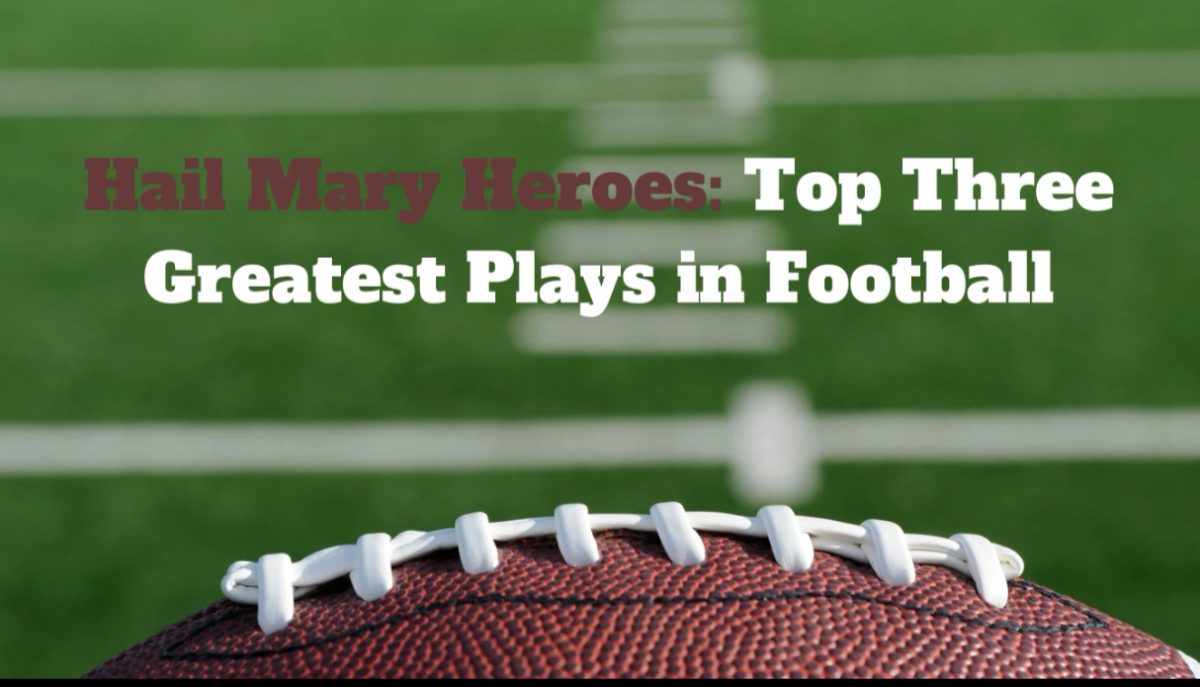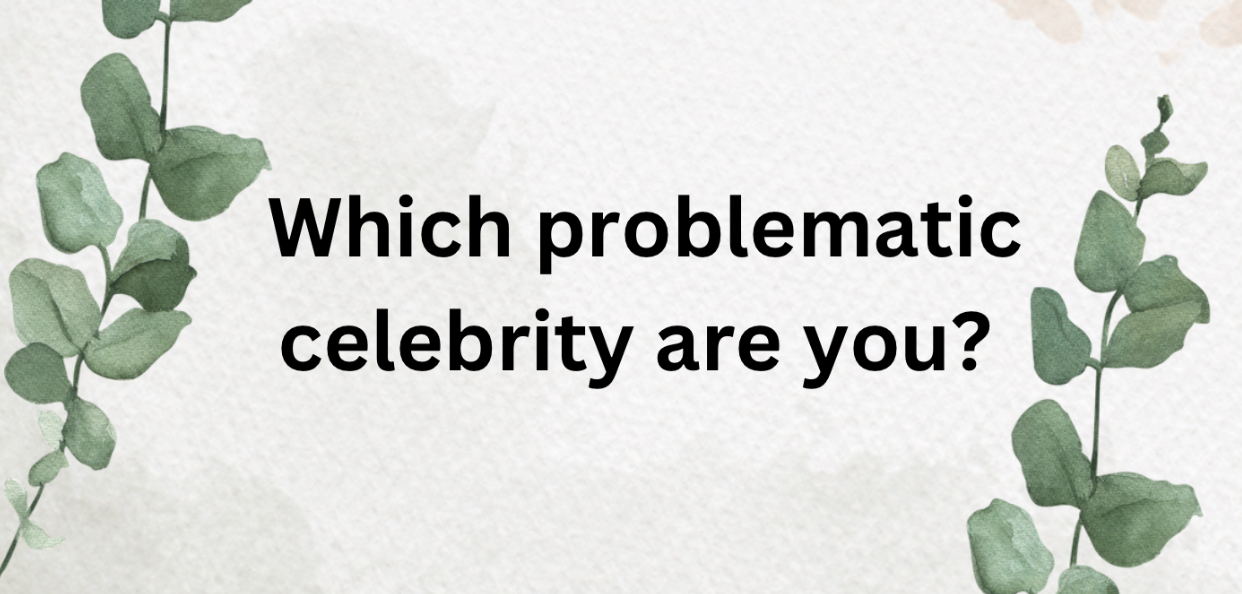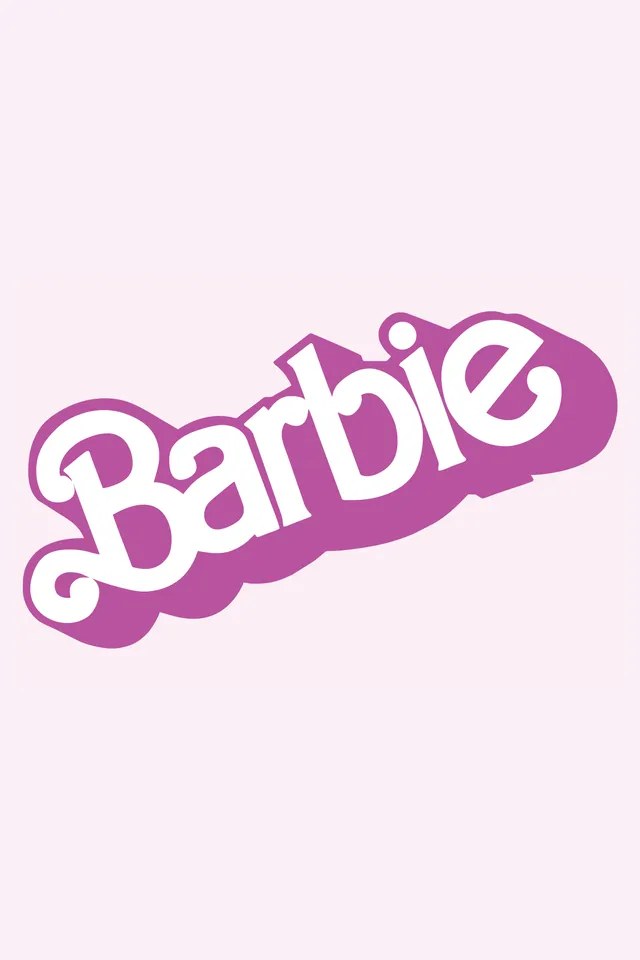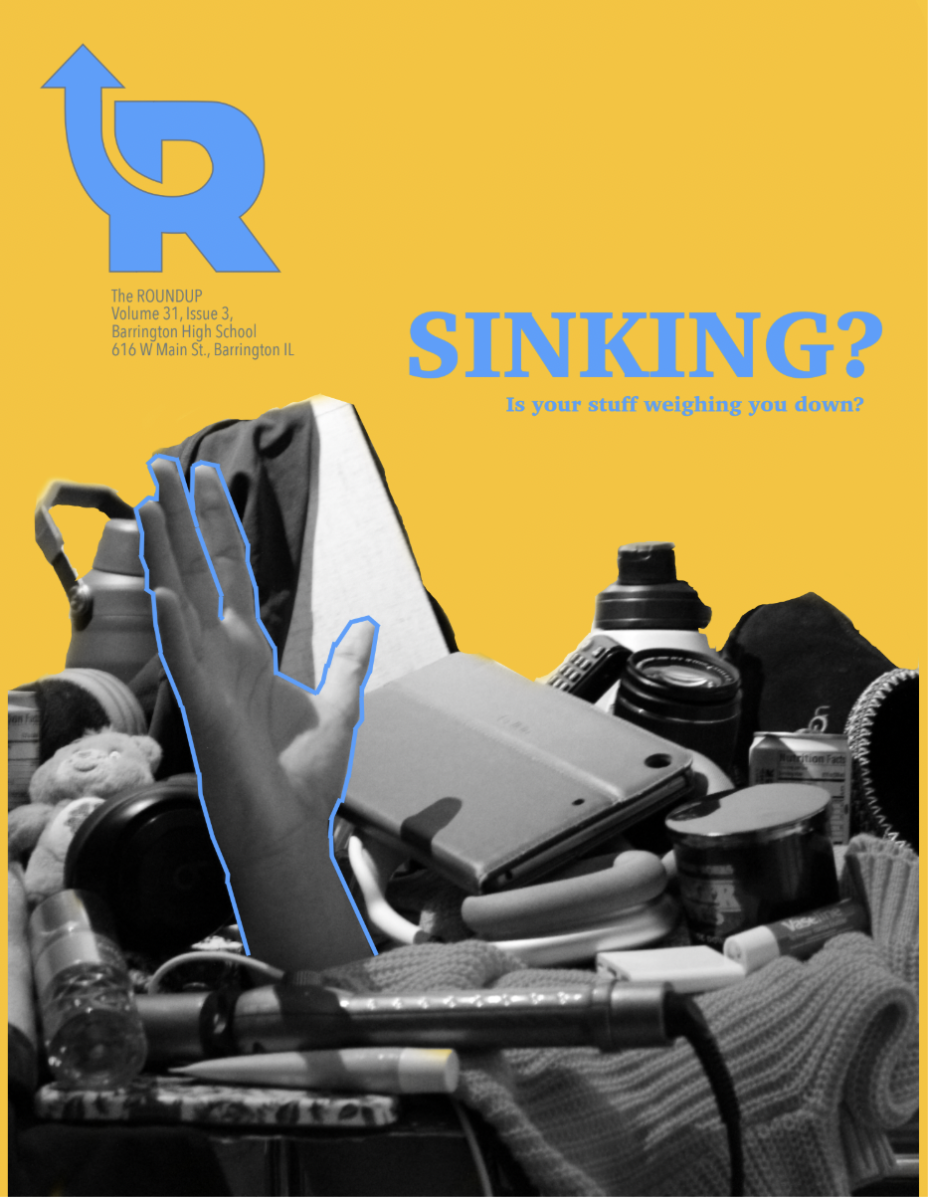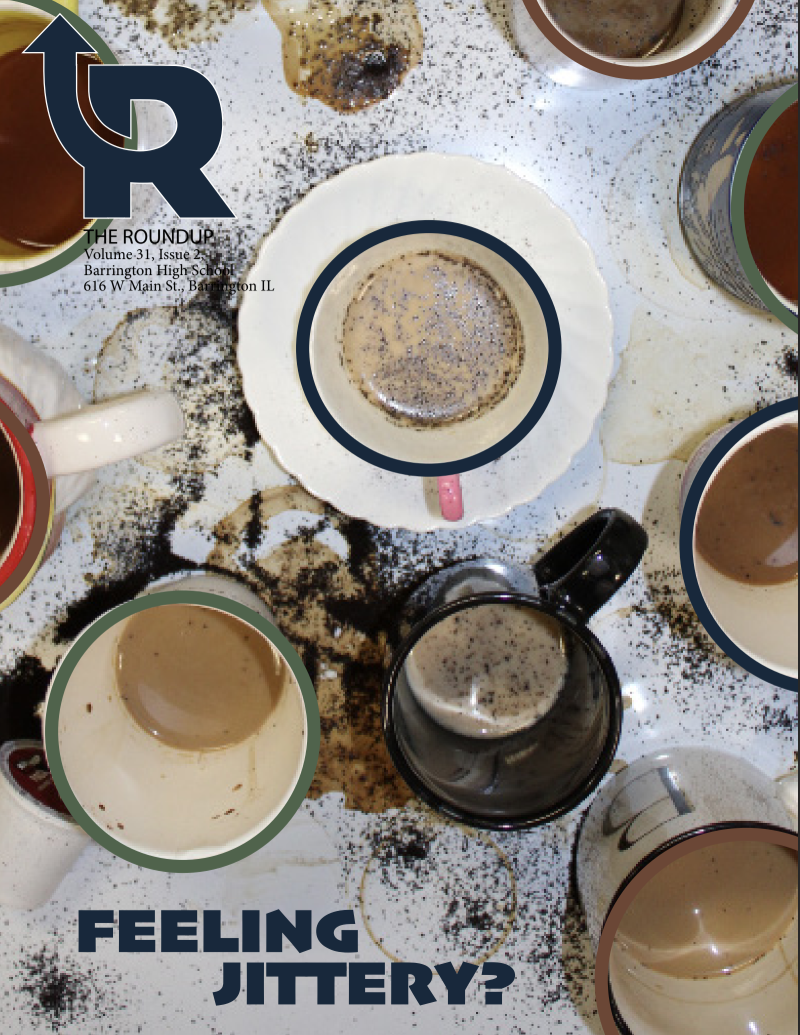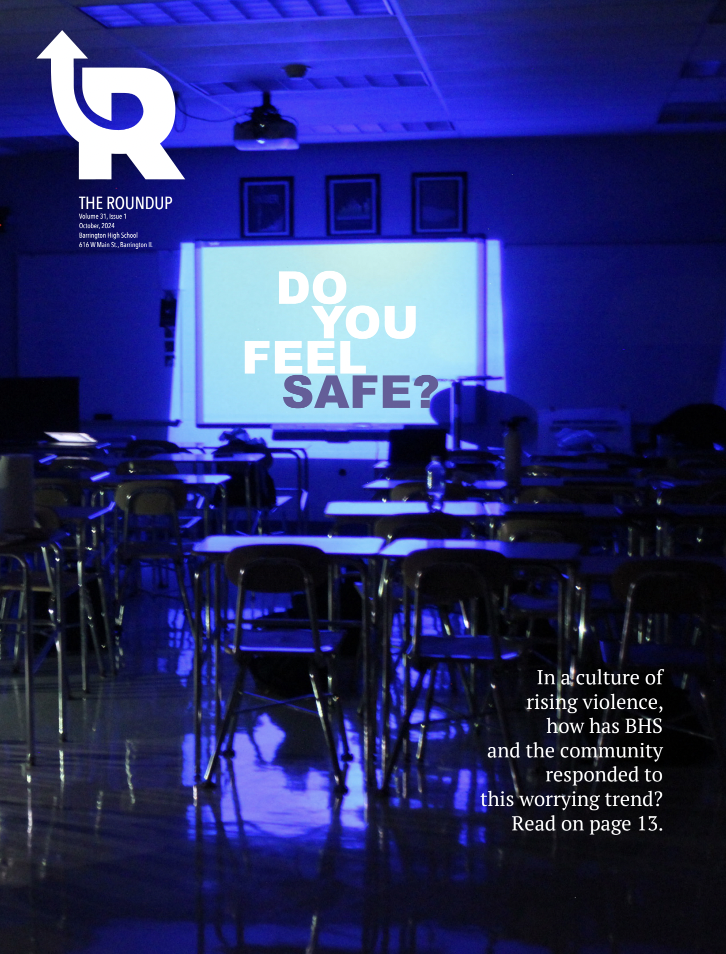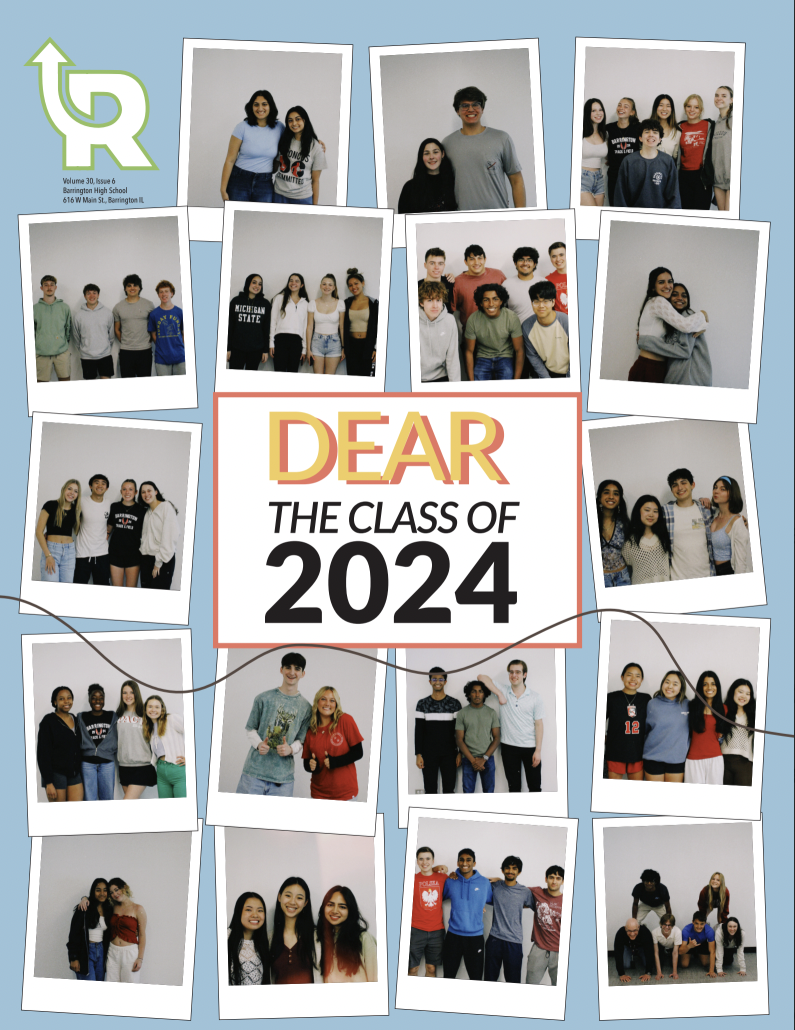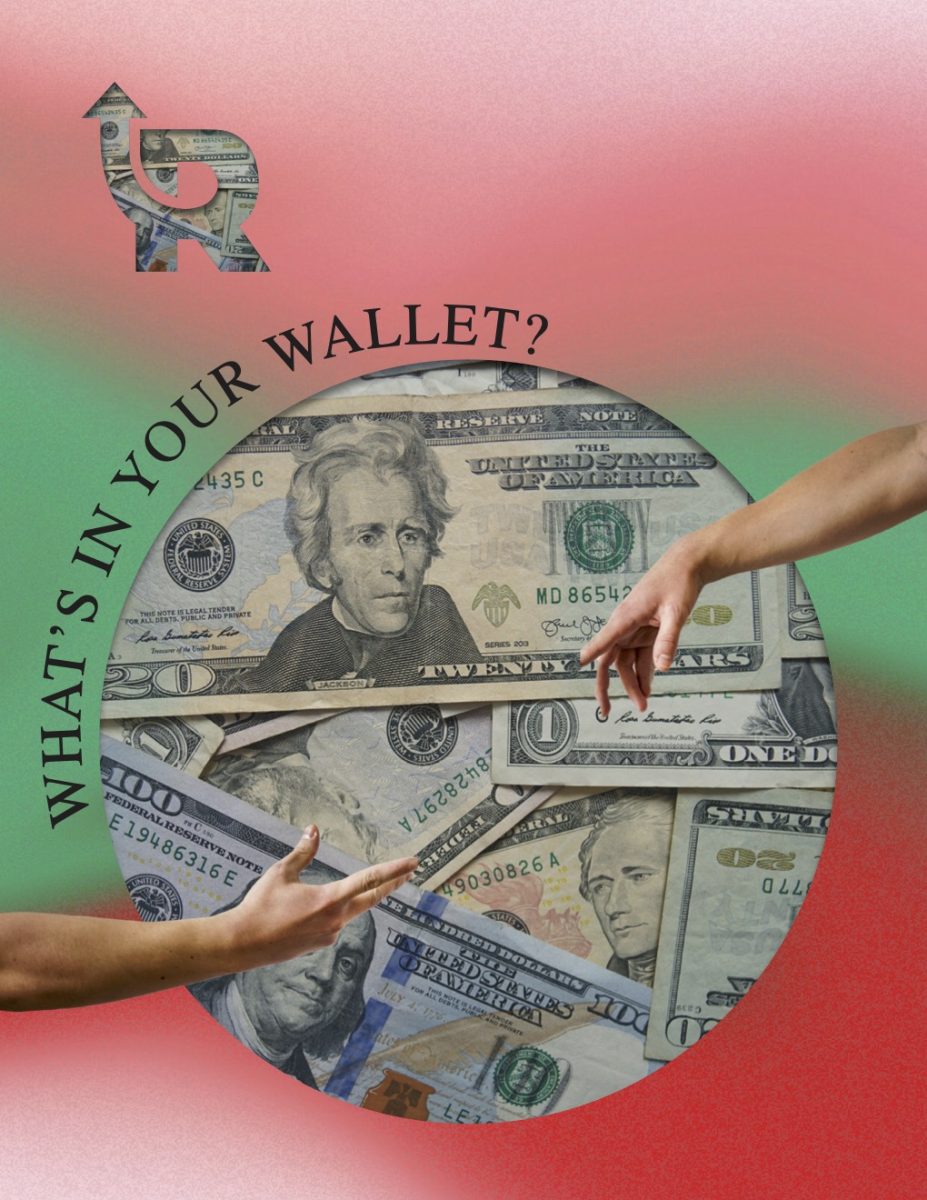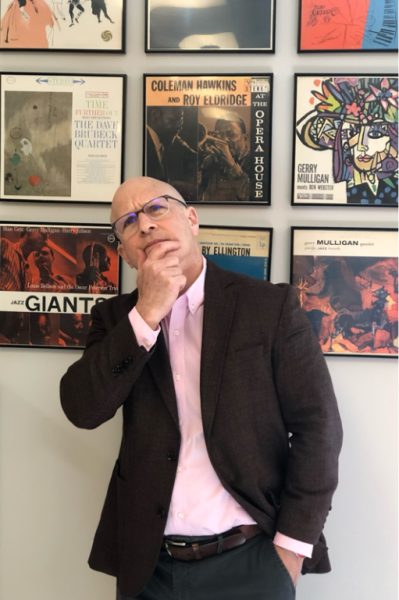
This interview has been edited and condensed for clarity.
Holding a bachelor’s degree in philosophy and a master’s in theology, Jon Mihevc has taught junior and senior English classes for more than 15 years. Today I joined Mihevc at his 7th period hall post to discuss some peculiar questions.
Q: Let’s start with an easy one. If you replace all the parts of a boat, is it the same boat?
JM: No, it is not. It’s the same kind of boat, but it’s not the same boat.
Q: If someone took all the old parts of your boat, is that your boat?
JM: If someone took all the parts of my boat and disassembled it and carried it away…yes, it’s still my boat.
Q: Your email signoff is “the wrong life cannot be lived rightly”. Why did you choose this quote?
JM: I thought it was kind of unusual, and so I thought it might catch people’s attention. Also, I thought it was an interesting way to look at life choices… that there are choices that we can make in life that lead us down paths that are kind of irredeemable. So we need to make different choices, to leave those paths, either because it’s destructive to ourselves or destructive to other people, or because it’s not doing something that’s…a valuable contribution to human existence.
Q: What’s one way a person can know if he or she’s living the right life?
JM: That’s a good question. Well, I guess you have to tell me what you’re doing, and I’ll tell you.
No, I’m kidding. I think that when we do things that are… contrary to our moral nature, our conscience makes us aware of it. But it’s easy sometimes to ignore that caution or concern and head down the wrong path.
I think another test of it is thinking about, “what does this contribute to humanity?” Am I making the world a better place through these choices? Am I making the world better for myself, for my family, for the people in my community? I think, sometimes, we can probably make choices or engage in activities that maybe are fun or beneficial to us, but are not necessarily beneficial to others, and I think doing that is destructive and probably leading to the wrong kind of life.
Q: What is one piece of advice that applies to anyone in the world?
JM: The golden rule would be to treat others as you would like to be treated. If we think before we act, if we think before we speak, and we ask ourselves, is this what we would want to hear? Is this how we want to be treated? I think the world would probably be a better place. And anybody can do it. You just have to have a conscience.
Q: Do you think that the conscience is a common characteristic of everyone in terms of their human nature?
JM: Yeah, I do for a couple reasons, which may not all be persuasive.
I think there’s something within us that is developed through culture where we learn a sense of right and wrong from our parents — we see what they do, we imitate them. I think imitation is a powerful part of how we learn. Observing the actions of others. When we’re very young, it’s the people who are most important in our lives, like our parents. But then as we get older, that expands, and I think that there’s a sense of that that continues to develop. I think there’ll be some cultural variability in that, just because cultures are different in that regard, certain different actions are right or wrong, but I don’t think it’s a massive variability, because I think there is some kind of common human nature.
I mean, I think we all need to be loved and because of that, we’re receptive to certain behaviors and we try to avoid other behaviors. Our conscience is in some ways shaped by that desire to be loved and to avoid those things which are destructive to us, and that can also guide our behavior.
I think, too, and this is a reason that others may not agree with, but I think that we were created moral beings. And I think that, as a Christian, being created in the image of God means that having moral conscience is part of what that it means to the image of God, and that, you know, we can choose to listen to that voice of conscience. Follow it or not, we’ve got the free will to go one way or another, but I think that it’s universal for everybody as creative beings that we have this within ourselves.
But I think that at the same time, culture plays a part in all the different variations we see within it. But I think most cultures have a fundamental sense of right and wrong, a fundamental sense of fairness, no matter where you are. Everyone has a notion of what is fair and what is just or unjust, and I think conscience kind of flows from that.


